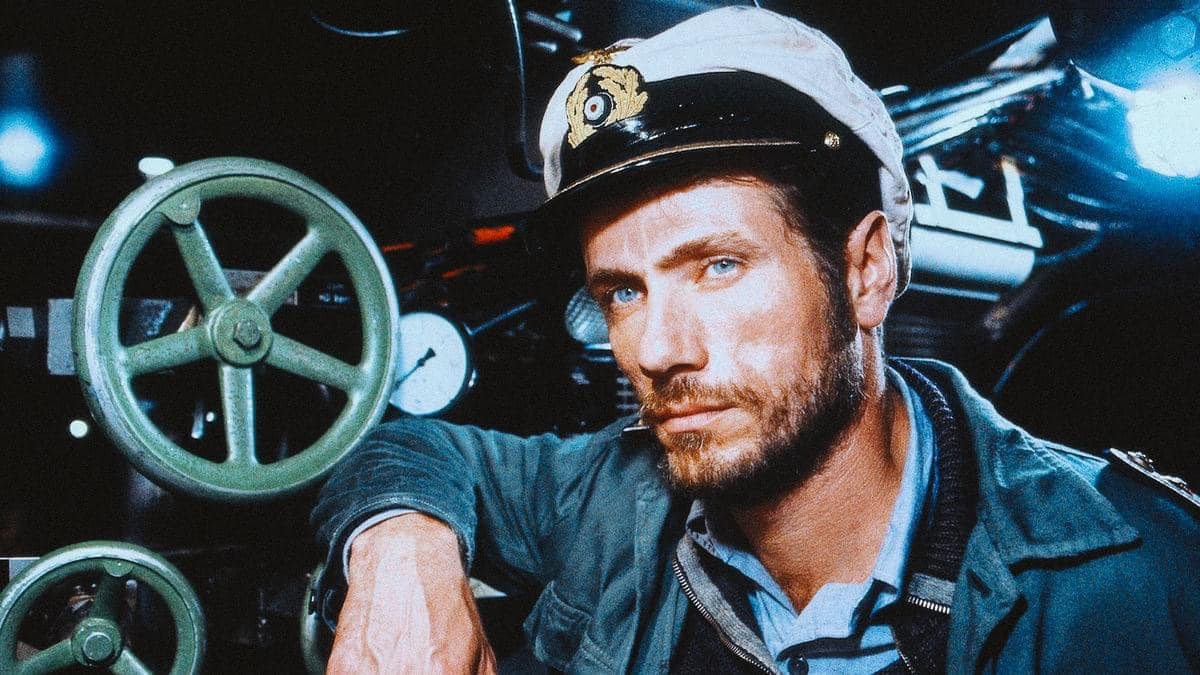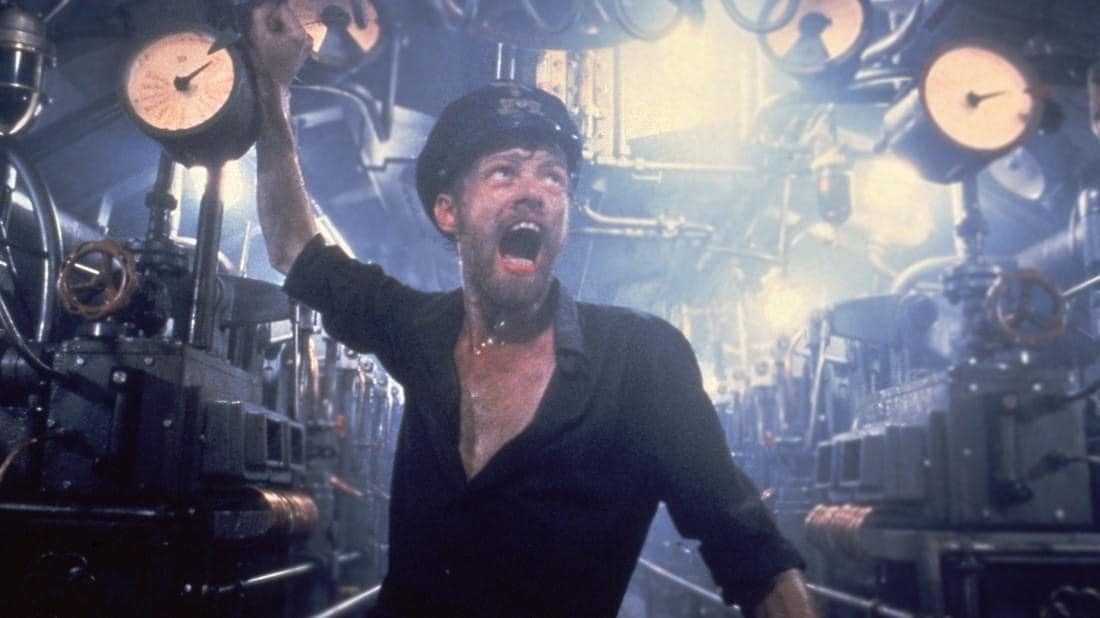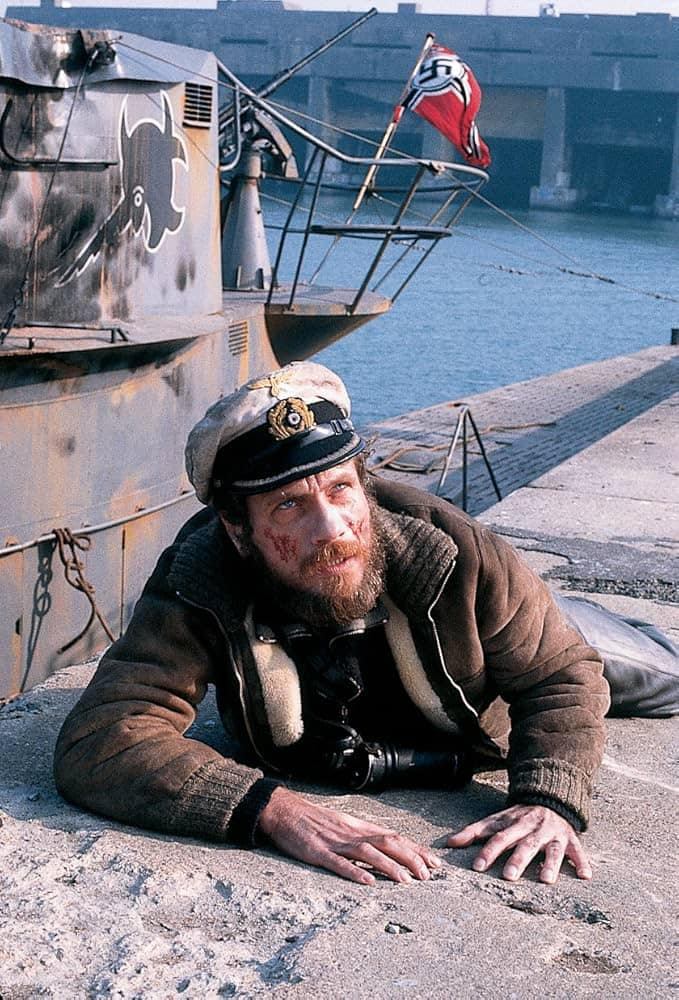Das Boot (1981)


“Das Boot”, directed by Wolfgang Petersen, is a masterclass in war filmmaking, offering a visceral, nerve-wracking depiction of life aboard a German U-boat during World War II. Based on Lothar-Günther Buchheim’s 1973 novel, the film immerses viewers in the claustrophobic, high-stakes environment of submarine warfare, where the crew of U-96 faces not only enemy attacks but the psychological strain of isolation and survival beneath the sea.
The film stars Jürgen Prochnow as the Captain, known as “Der Alte”, whose calm and experienced leadership holds the crew together amidst the chaos. Prochnow’s portrayal of the Captain is both commanding and empathetic, grounding the film with a character whose sense of duty is constantly tested by the brutal realities of war. The supporting cast includes Herbert Grönemeyer as Lt. Werner, a war correspondent sent to document the mission, and Klaus Wennemann as the Chief Engineer, responsible for keeping the submarine operational in increasingly dire circumstances.
One of the standout elements of “Das Boot” is its remarkable sense of realism. The tight, oppressive spaces of the submarine are captured

with incredible detail, creating an almost suffocating atmosphere for both the crew and the audience. The constant threat of Allied depth charges, paired with the mechanical sounds of the submarine creaking under pressure, ratchets up the tension, making viewers feel as if they are trapped in the metal confines of the U-boat alongside the crew.

The film’s cinematography by Jost Vacano is celebrated for its technical brilliance, using tight camera angles to heighten the claustrophobia and intensity. The submarine’s interior becomes a battleground of nerves, where every sudden noise or malfunction could mean imminent death. “Das Boot” balances moments of action with long stretches of suspenseful waiting, reflecting the unpredictable nature of submarine warfare.
Beneath the surface action, “Das Boot” is also a profound character study. The film delves into the camaraderie, exhaustion, and despair

experienced by the crew, showing how war dehumanizes even the most loyal and hardened soldiers. The men aboard U-96 are not portrayed as villains or heroes but as human beings caught in the brutal machinery of war, struggling to survive as their submarine becomes a tomb-like vessel in the Atlantic.
Released in several versions—including the original theatrical cut, an extended director’s cut, and a miniseries—the film earned six Academy Award nominations, including Best Director, Best Cinematography, and Best Adapted Screenplay, making it one of the most internationally successful German films. Its critical acclaim stems from the film’s emotional depth, technical precision, and its ability to transcend national boundaries, offering a balanced portrayal of the toll war takes on all sides.
Suggested videos for you:











